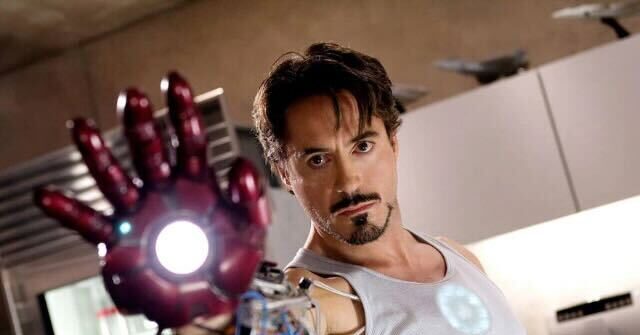In a recent episode of the “On With Kara Swisher” podcast, prominent actor Robert Downey Jr. discussed the implications of artificial intelligence in the entertainment industry, particularly concerning his iconic role as Tony Stark/Iron Man in the Marvel universe. Downey, known for his Oscar-winning performances, expressed his strong opposition to the idea of using AI to recreate his likeness. He assured listeners that he is prepared to take legal action against any future executives at Marvel who might consider this path, stating, “I would like to here state that I intend to sue all future executives just on spec.” This bold stance highlights his commitment to maintaining control over how his image and performances are used long after his death.
The conversation took place against the backdrop of a significant strike affecting Hollywood’s video game performers, which began in July due to unresolved issues surrounding protections against AI use in the industry. This strike, alongside previous labor disputes involving on-screen actors, has painted a critical picture of the evolving landscape of performance rights. The Screen Actors Guild-American Federation of Television and Radio Artists (SAG-AFTRA) has deemed the rise of AI as an existential threat to performers, compelling them to advocate for stringent guidelines around the use of digital replicas in productions. Notably, a new California law now prohibits the unauthorized replication of deceased performers’ likenesses, reflecting a growing legislative effort to protect the rights of artists in the era of advanced technology.
Downey’s remarks during the podcast reveal a deeper concern regarding the exploitation of personal likenesses and the ethical dilemmas that come with AI technology in entertainment. He mentioned that while he trusts the current decision-makers at Marvel, he acknowledges the inevitability of future leadership changes that might be tempted to employ AI methods without proper consent. His legal readiness underlines the broader anxieties among performers about losing agency over their creative work and identities. Downey’s playful yet serious threat to sue highlights the need for continued dialogue about artists’ rights, particularly in an industry increasingly influenced by AI technologies.
His resentfulness reflects a larger questioning of truth and artistic integrity, especially as he prepares to explore these themes in his recent Broadway debut, “McNeal,” a one-act play written by Ayad Akhtar. In this production, Downey plays Jacob McNeal, an acclaimed novelist wrestling with personal demons, while grappling with modern themes like plagiarism and the implications of AI on artistic creation. During the podcast, Downey articulated his discontent for those who overly identify with technological advancements, suggesting that ownership and creativity cannot be monopolized by large corporations with significant technological resources.
Amidst these discussions, Downey also considers the implications of AI calling into question the very nature of performance and artistry. The podcast delves into whether a social contract exists around the ethical use of AI and its potential impacts on human expression. Downey’s ability to navigate and articulate these complexities showcases an actor not only reflective about his career but also engaged with broader societal issues, indicative of a changing environment where actors are becoming more informed advocates for their rights.
Looking forward, Downey’s return to the Marvel Cinematic Universe in “Avengers: Doomsday” set for 2026 signals not just a revival of his iconic character but also a confrontation with emerging themes in filmmaking. As the dialogue around AI continues to unfold, Downey’s vocal opposition to potential exploitation may serve as a rallying point for fellow actors and filmmakers seeking to protect their creative legacies in the face of a rapidly evolving industry, setting a precedent for how similar concerns might be addressed in the future.

